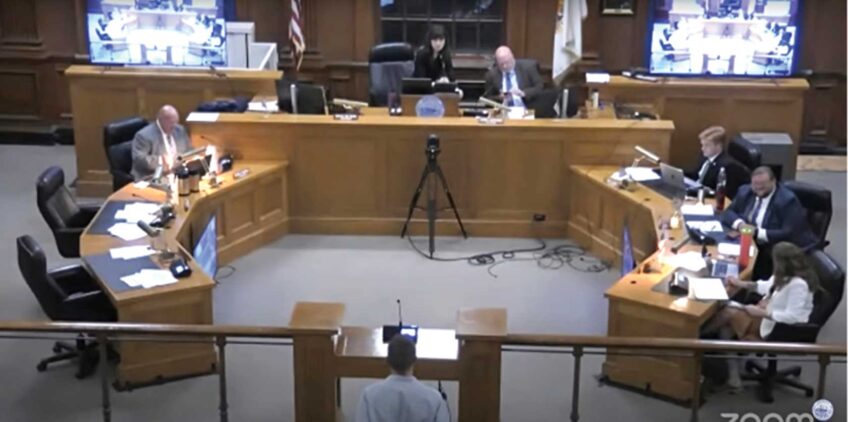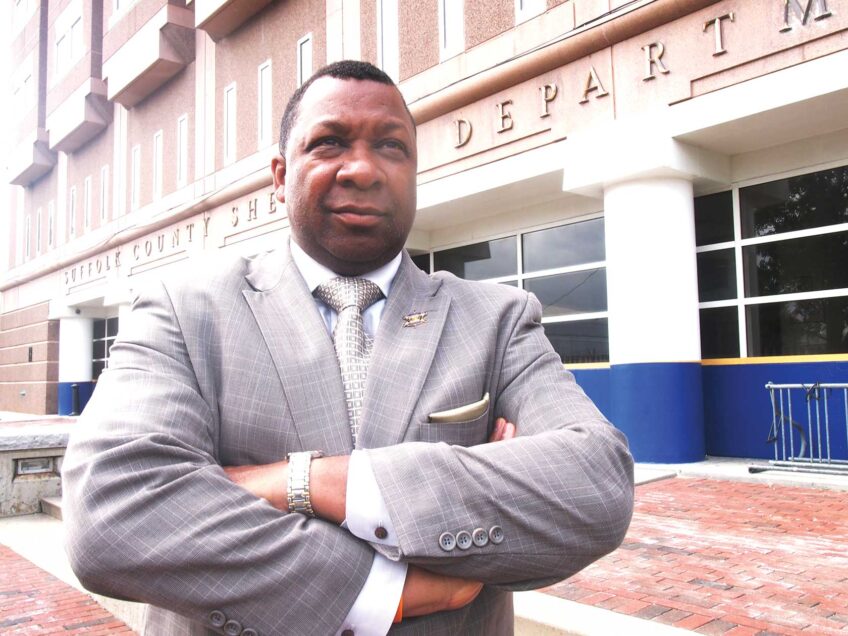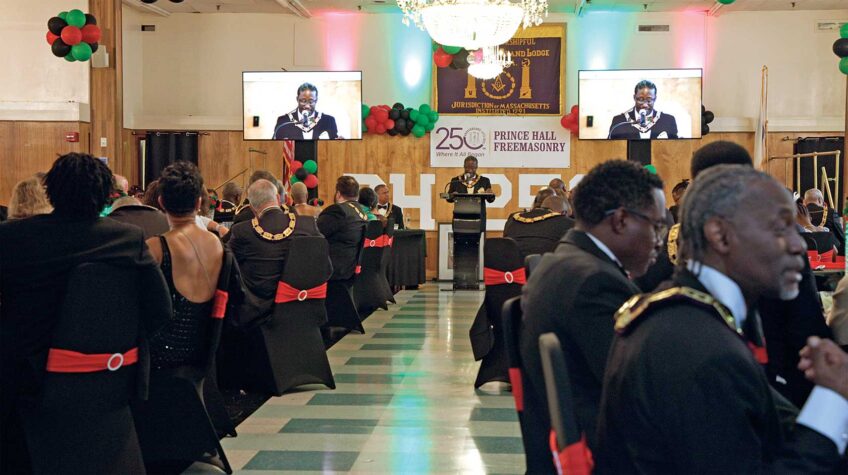Poll: education, jobs top concerns for Latinos
Younger Latinos lean left, but are less likely to vote than elders
In its latest survey of Massachusetts residents, MassINC Polling Group, in partnership with Amplify Latinx, in early July focused on Latino populations and analyzed the state of their political leanings, COVID-19-positive rates and other issues facing the state.
Overall, 80% of Latino residents expressed some kind of support for the Black Lives Matter movement. There were 622 respondents to the survey and the data is weighted to current Latino population numbers. Because that figure is weighted, it shows their support is greater than the 51% of all Massachusetts residents who support the movement, according to a previous Mass INC poll.
The majority of Latinos also support Democrat Joe Biden for president, though responses vary by gender and age. While support for Biden was strong across all age groups, 31% of younger Latino respondents said they were “unsure” of who they’ll vote for in the November presidential election, and adults ages 45-59 are a little more inclined to vote for Trump, with 20% of that group naming Trump compared to 16% of the younger group. Male respondents were also more likely than females to name Trump.
Steve Koczela, president of MassINC Polling Group, detailed some of the barriers to voting that Latino populations face in a Facebook Live event on Aug. 12.
“The group that describes the most barriers is the youngest voters … Each one of those barriers becomes less of a big deal as you climb up the age ladder,” he said.
Of 18-to-29-year-olds, 27% said they don’t know where or when to vote, and they were also the least likely to have voted in the 2016 election. They also expressed that getting off work is a problem, or that the polling location is inconvenient.
“This is one that I hope we will be able to reexamine after this year’s election … with so many planning to vote by mail,” Koczela said. MassINC and WBUR recently released a poll showing that 41% of Massachusetts voters plan to vote by mail.
Many political issues jockey for high priority for Latinos, but education and jobs top the list, with immigration and police reform ranking high as well. Juana Matias, COO of MassINC and a former state representative, expressed the urgency of addressing these concerns.
“As we speak, these families aren’t necessarily having access to the best quality education, to the best air or the best water, so thinking about this holistically is really important,” she said.
Some short-term policy opportunities, as laid out by MassINC Research Director Ben Forman, are increasing Latino representation in municipal and state government, releasing more data on policing and incarceration, and supporting the recent economic development bill.
“All that reinvestment that we want to see is all contingent on having good solid information,” Forman said. “We have very little data that tell us who’s in prison, what their race and ethnicity is … how they’re returned to communities in a safe and effective way.”
Forman also pointed to data showing the Latino population is drastically underrepresented on the state level — there are seven Latino legislators currently in the State House out of 200 lawmakers, just 3.5%. Latinos represent 11.2% of the state’s population. (By comparison, the five black representatives in the House make up just 2.5% of the Legislature, while blacks make up 8.8% of the state’s population.)
“If they’re not getting elected to local office in those communities, they’re at a disadvantage when they want to compete for a state [legislature] seat,” Forman said.
The MassINC poll also explored some effects of the COVID-19 pandemic on Latino essential workers and those struggling with employment.
“People who are unemployed are more likely to have had COVID in the household,” Koczela said of the data. “If you’ve got someone that you need to care for, if someone in your household gets COVID and you have to quarantine, this can impact your employment status,” he said.
It’s a compounded issue, with those experiencing symptoms expressing mental health challenges as well, or finding themselves struggling due to lack of access to health insurance. Nearly half — 49% — of all respondents tested positive for COVID-19. When weighted to population, that’s 4% of the Latino population in Massachusetts.
Matias said addressing the needs of Latino people starts with bringing them to the table.
“A lot of the time our policy is driven by people who are power brokers,” she said. “And those who are most disempowered aren’t part of the process.”






